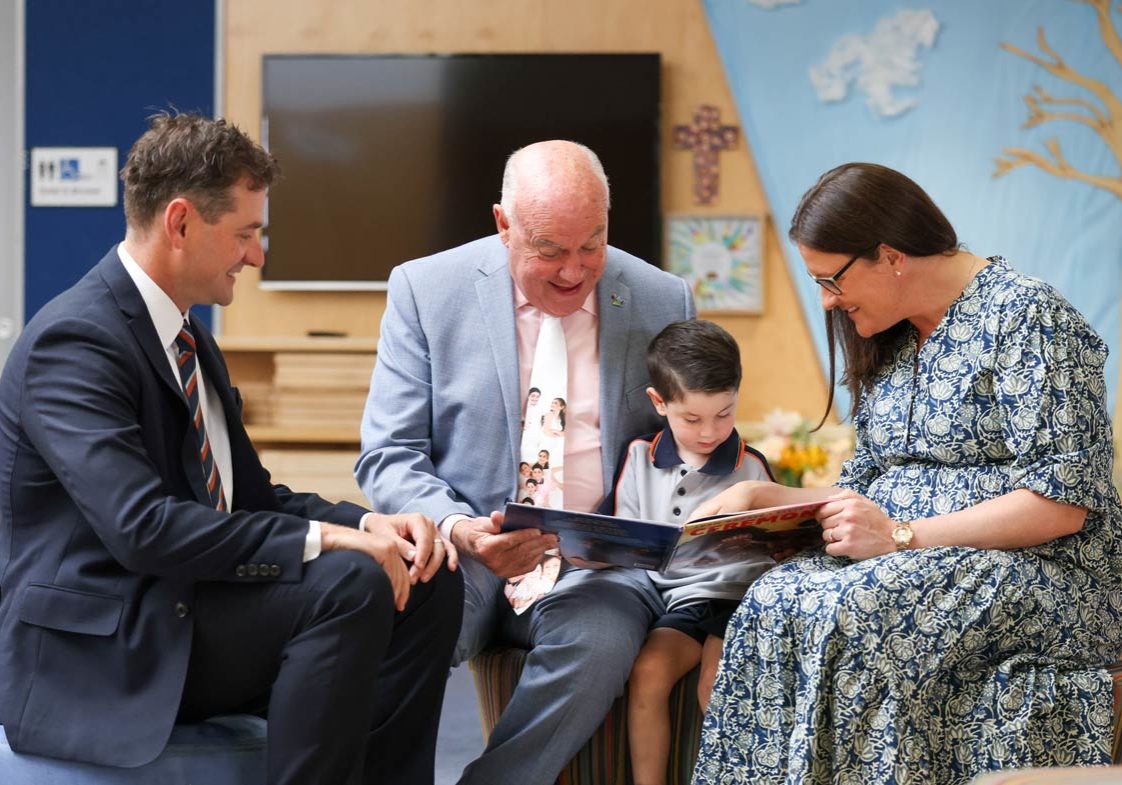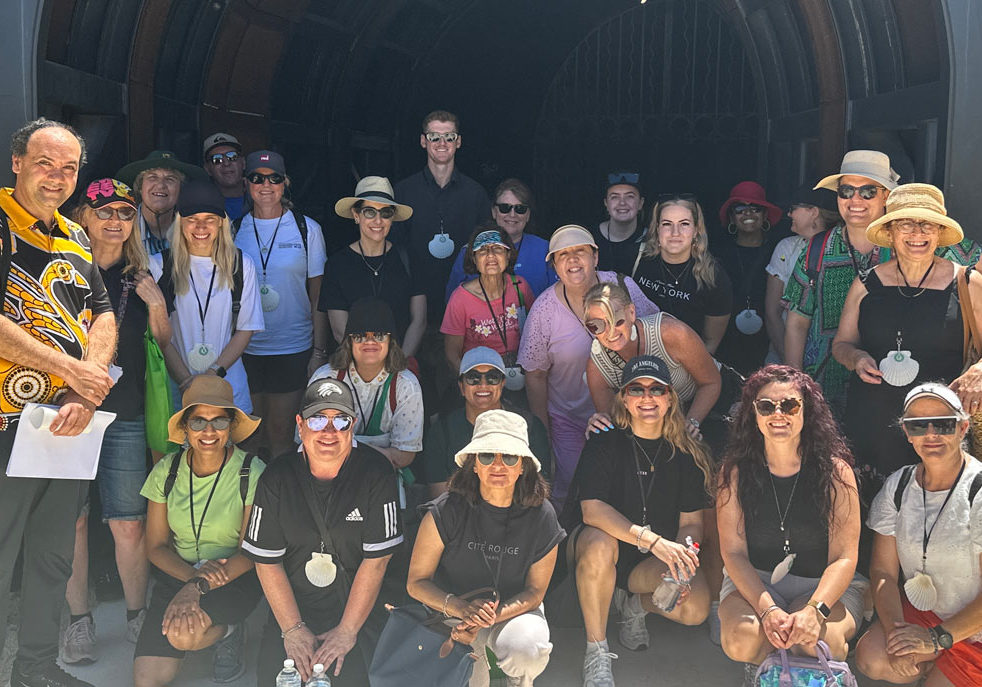Plenary Council – CEWA offices Chaplain speaks about his hopes for Council ahead of Assemblies
20 September 2021
The Fifth Plenary Council of Australia was formally convoked on Pentecost Sunday, and after the first two stages of ‘Listening and Dialogue’ and ‘Listening and Discernment’, as well as delays due to COVID-19, the first Assembly is set to take place in October.
CEWA school and office communities have been involved in the process since it began in 2018, and a number of staff members have the responsibility and privilege of serving as Plenary Council members, including CEWA Chaplain, Fr George Kolodziej SDS.
Fr George, who is the Regional Superior of the Salvatorians in Australia, was the Chaplain of Chisholm Catholic College from 1997-2000, and after time away from Perth, returned in 2019 to take on the role of Chaplain for CEWA office staff, based out of CEWA’s Leederville office.
Fr George recorded a video with the Archdiocese of Perth’s Record, speaking about his hopes for the Plenary Council to encourage and challenge the Church in Australia.
Why do you think it’s important to have taken up the opportunity to be involved in the Plenary Council?
It’s important for me to have taken up the opportunity to be involved in the Plenary Council, as it creates an excellent chance not only for me, but for everyone involved to listen to God and to all people from different walks of life.
Dr Hugh Mackay (social researcher, psychologist) says that “listening is one of the most psychologically courageous things we ever do in our normal personal relationships, simply because listening – real listening – involves seriously entertaining the ideas of the other person. That involves the risk of having to change our minds in response to what we hear.”
When you listen, and when you experience being listened to, the possibility to form positive relationships is created. When the affirmative relationship is built, people want to walk together (communion), care for one another (participation) and reach out to others (mission).
What are the opportunities are for the Church through the Plenary Council process?
I think that the Church through this process has a chance to listen to each other, to invigorate our faith and our passion for Christ, but also, to take faithfully the call to be a mission and a missionary Church, and to become a more Christ-centred Church.
Through the Plenary Council process, we realise that we have the opportunity to be a more mission-focused church, rather than being a self-focused or self-referential church. I am inspired by Pope Francis who is constantly reminding us to stop being preoccupied with ourselves and to go out into the streets as missionary disciples, prepared to get dirty and bruised. There we will find renewal and transformation.
When the Church ceases to be “the mysterium lunae”, that is, to depend on Christ for receiving and reflecting his, not its own, it then “gives way to that very serious evil, spiritual worldliness”, which according to Jesuit Cardinal Henri-Marie De Lubac, “is the worst evil that can happen in the Church”. The Church then “lives to give glory only to one another” and not the rest of the world. The Cardinal says when “the Church is self-referential, unconsciously, she believes she has her own light… Evils within the Church are caused by a self-centeredness and ‘theological narcissism’ that forget to share Christ with people outside of the Church”.
What has the Plenary Council experience been like so far, and what you are looking forward to?
For me it is a joyful experience, I am learning through the process that many things are not perfect in our Church – we all realise that we need to listen more attentively and be more intentional and inclusive disciples. However, I am by disposition a hope-filled person and so my experience of this moment in time is not one of despair, but one of challenge.
I believe that God has prepared for us a future which is full of hope. So, let us trust in God and all will be well. It is God’s Church. Mission is God’s project, and we are not the main actors.
How do you see the Plenary Council relating to Catholic education in WA?
I hope that all people involved in Catholic education will take the opportunity to be seriously engaged in the Plenary Council process. In this process there are numerous possibilities and opportunities to grow in our faith, but also to respond to our baptism call to become truly joy-filed and mission-minded leaders.
Let us continue to cultivate the seed which was planted 50 years ago with the creation of the CEWA system, embracing and sharing the responsibility of our common mission of the Church in Australia.




